Haemodialysis Services, CRRT, SLEDD
Haemodialysis services, Continuous Renal Replacement Therapy (CRRT), and Slow Low-Efficiency Daily Dialysis (SLEDD) are critical medical interventions designed to support individuals with kidney dysfunction or failure. These treatments help remove waste, excess fluids, and toxins from the bloodstream, which the kidneys can no longer effectively filter.

Who Needs Haemodialysis Services, CRRT, SLEDD?
Patients who require these therapies typically fall into the following categories:
End-Stage Renal Disease (ESRD): Individuals whose kidneys have lost nearly all their function and are unable to perform vital filtration processes.
Acute Kidney Injury (AKI): Patients experiencing sudden and severe kidney dysfunction due to conditions like infections, severe dehydration, or trauma.
Chronic Kidney Disease (CKD): In advanced stages of CKD, patients may require these treatments to manage worsening kidney function.
When to See a Specialist
If you or a loved one have been diagnosed with kidney failure, or if you experience symptoms like severe fluid retention, shortness of breath, or fatigue, it’s crucial to seek immediate medical attention. A nephrologist, a kidney specialist, will assess your condition and determine the appropriate treatment.
Procedure
Vascular Access: A vascular access point, such as an arteriovenous (AV) fistula, graft, or catheter, is created or used to connect the patient to the dialysis machine.
Blood Flow: Blood is drawn from the vascular access point and pumped into the dialysis machine.
Filtration: Inside the machine, the patient’s blood passes through a special filter called a dialyzer. This filter acts as an artificial kidney, removing waste and excess fluid.
Dialysate Solution: The blood is cleaned as it comes into contact with a dialysate solution within the machine. This solution helps balance electrolytes and remove waste products.
Return to the Body: The purified blood is returned to the patient’s body through the vascular access point.
Road To Recovery
Frequency of Sessions: Haemodialysis, CRRT, or SLEDD treatments can be performed multiple times a week, depending on the patient’s needs and the severity of their kidney disease.
Improved Symptoms: Patients often experience relief from symptoms such as fatigue, nausea, and fluid retention after these treatments.
Risk Management
Infection: Infections at the vascular access site or within the dialysis machine can be a risk. Strict hygiene and regular maintenance are crucial.
Low Blood Pressure: Dialysis can cause a drop in blood pressure, which may be managed through medications and adjustment of the treatment parameters.
Benefits of Haemodialysis Services, CRRT, SLEDD
Life Support: These therapies are life-sustaining for individuals with kidney failure and can significantly improve their quality of life.
Fluid and Toxin Removal: Effective removal of waste and excess fluid helps prevent complications associated with kidney failure.
Frequently Asked Questions about Haemodialysis Services, CRRT, SLEDD
What’s the difference between haemodialysis, CRRT, and SLEDD?
Haemodialysis is typically performed several times a week, CRRT is continuous and more gentle, and SLEDD is a slower form of daily haemodialysis.
How long does each session of haemodialysis or CRRT typically last?
Haemodialysis sessions usually last around 3-4 hours, while CRRT is continuous and can last 24 hours or more.
Can I eat or drink during haemodialysis?
It’s generally advised to limit food and fluid intake during dialysis to prevent complications. Your healthcare team will provide guidance.
Are there dietary restrictions for people on dialysis?
Yes, individuals on dialysis typically have dietary restrictions on potassium, phosphorus, and sodium. A dietitian can help plan suitable meals.
Can I travel while on dialysis?
Yes, with careful planning, people on dialysis can travel. Specialized dialysis centers are available in many locations for travelers.
Treatians As The Best Choice
Treatians understand that seeking medical treatment abroad can be a daunting experience for patients and their families. That’s why the company offers end-to-end support to its clients, from the initial consultation to post-treatment care. The company provides personalized treatment plans that are tailored to meet the individual needs of each patient, and its team of dedicated professionals is always on hand to provide guidance and support throughout the entire process. Contact us at +91-7982312582, drop your email [email protected]
- Trauma & intensive care
- Aged Care
- Community Services
- Diagnosis & Investigation
- Medical & Surgical
- Mental Health
- Rehabitation
- Specialised Support Service
Service Recipient Says

Oxmox advised her not to do so, because there were thousands of bad Commas, wild Question Marks and devious.
Kolis Muller NY Citizen
Oxmox advised her not to do so, because there were thousands of bad Commas, wild Question Marks and devious.
Kolis Muller NY Citizen







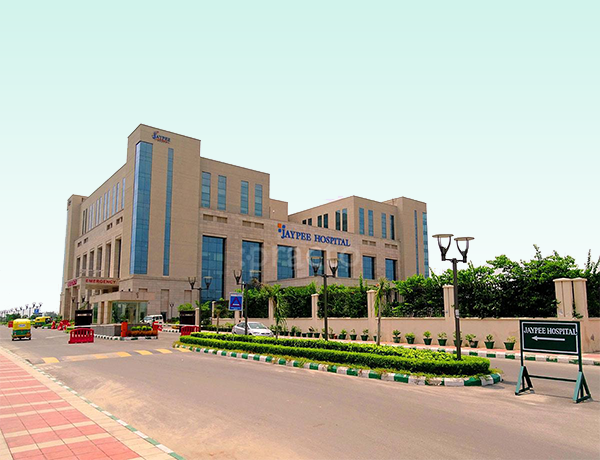
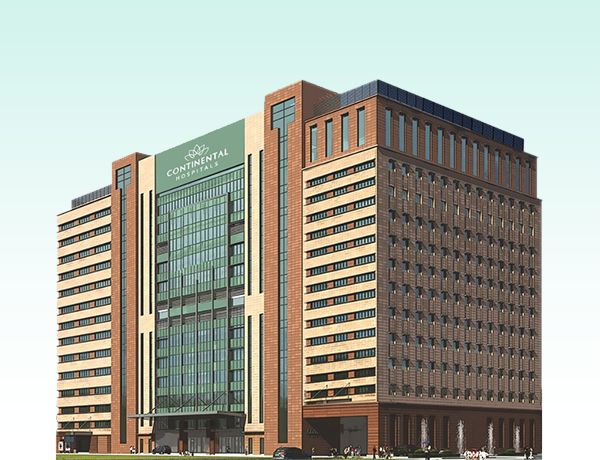

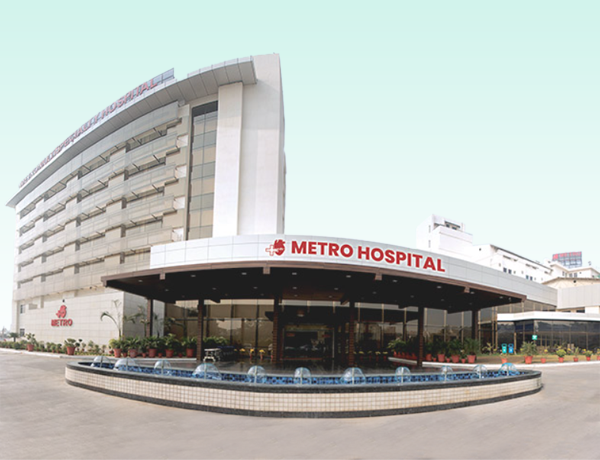
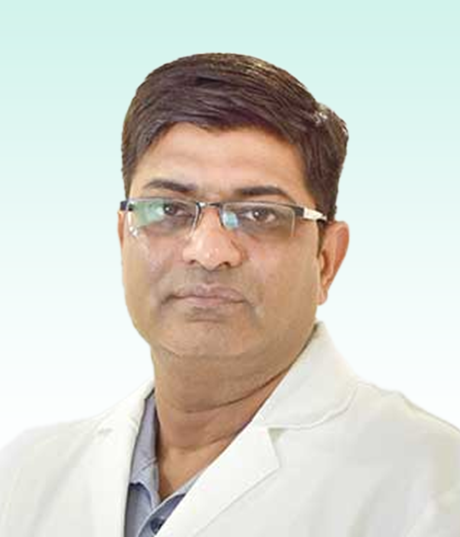
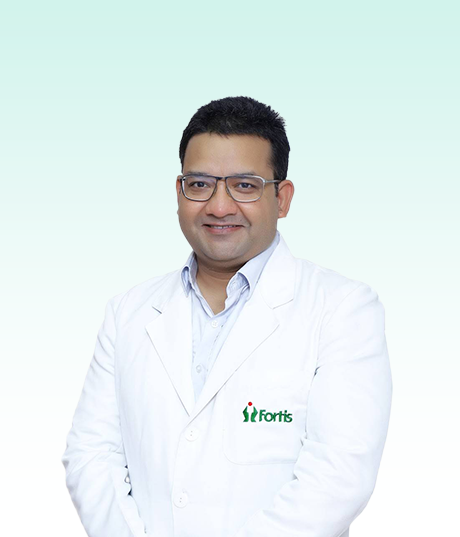



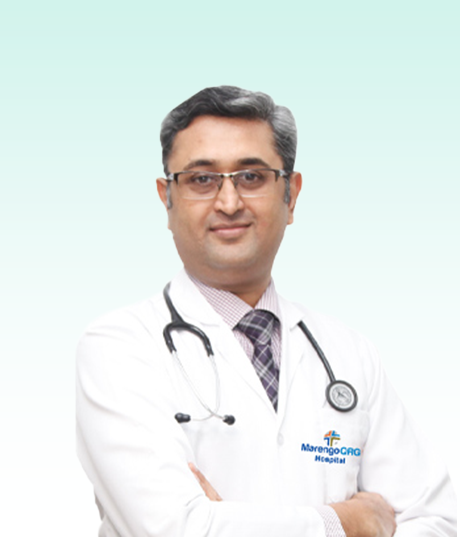
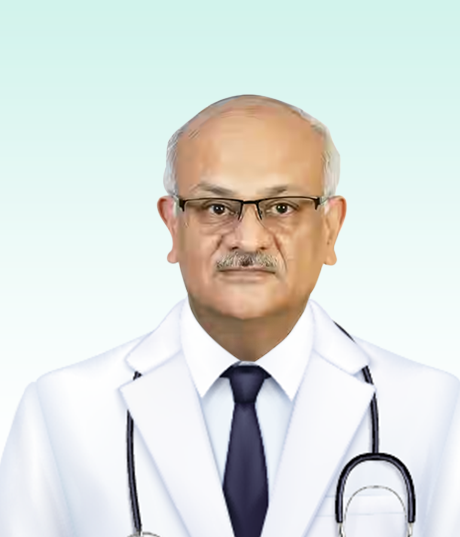







Oxmox advised her not to do so, because there were thousands of bad Commas, wild Question Marks and devious.
Kolis Muller NY Citizen